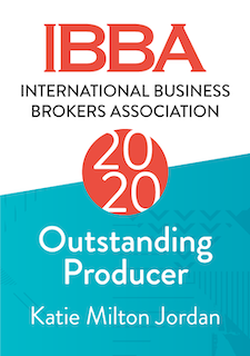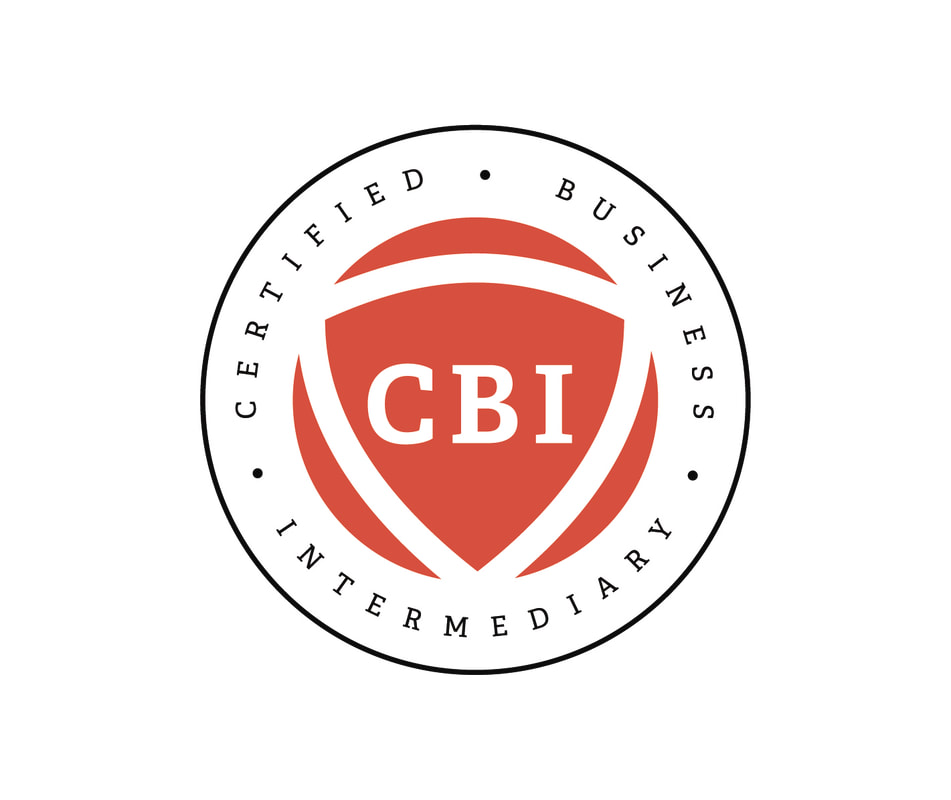|
One of the most common questions asked when deciding to buy or sell a company is what it is worth. Determining a company’s value requires the consideration of multiple factors to make up one all-encompassing number, usually known as the MPSP or most probable selling price. Here, we break down three parts of determining a company’s valuation and what they mean for you. GOODWILL VALUE
The first consideration in determining a company’s value is goodwill value. (We previously discussed goodwill value in our last blog post here.) Goodwill value is value not backed by tangible assets, rather, it is supported through financial earning’s power. When securing a loan to purchase a business, a bank usually prefers to represent what exists as a tangible value and can be defended as such and shies away from intangible earnings power (because it’s not something they can easily repossess). Since many businesses have significant goodwill value, banks will often partner with the SBA to guarantee their loans for the purchase of these companies. The SBA will guarantee the bank on these business loans up to 80% of the value of the loan, providing banks with enough assurance of goodwill value that they will fund the loan. Think about a law office - the real value within a law firm lies within the man/brain power employed by the company. Since a brain cannot be guaranteed by a bank, the SBA is able to step in and guarantee the intangible value of the manpower, providing reassurance in the monetary value of the law firm’s goodwill value. FURNITURE, FIXTURES, AND EQUIPMENT Another consideration when determining a company’s value consists of furniture, fixtures, and equipment. Unlike goodwill value, these are tangible items with a fair market value that are easy to identify and account for. INVENTORY The third consideration when considering a company’s value is inventory. Again, this is a tangible object that can easily be identified and accounted for. MEASURING BUSINESS VALUE WITH EBITDA AND SDE We typically use two industry tools to measure a business value: EBITDA and SDE. EBITDA (earnings before interest, taxes, depreciation, and amortization) is a measure of a company’s overall earnings power. It is typically used in middle-market transactions with larger companies that have management teams in place. SDE (seller's discretionary earnings) is used to determine a company’s earning’s power for owner-operated businesses. To calculate SDE, we will take a company’s EBITDA and then add back the owner’s pay and perks and discretionary spending. We call these “add-backs”. Add-backs are things like a personal cell phone plan covered by the business or owner’s health insurance that are legally deductible as per the IRS but still electable expenses in the opinion of the current owner-operator. By calculating SDE, this allows us to take companies of any industry and size and make informed decisions about the efficiency and effectiveness of the company’s earnings power and allows a business buyer to make a prudent choice about which company to buy. After determining earnings power, we then determine a fair market multiplier and calculate the most probable sale price. Obviously there are a lot of moving parts, exceptions, rules, and industries involved in these complex business purchasing transactions, so it’s best to leave business valuation to a certified professional. Our firm provides a free business ballpark evaluation by a certified business valuations expert as well as tips on how you should be maximizing your business for a future exit. We would love for you to reach out today to learn more and see what your company is worth. Click here to set up an initial call! |
Author
Archives
August 2022
Categories
All
|

Katie Milton Jordan :: Texas Business Broker
222 Sidney Baker Street South Suite 213 Kerrville, Texas 78028 Open M-F 9am - 5pm & by appointment 830-370-3714 |
Made with ❤️ in Kerrville :: Soon to be the Small Business Capital of Texas.


 RSS Feed
RSS Feed



